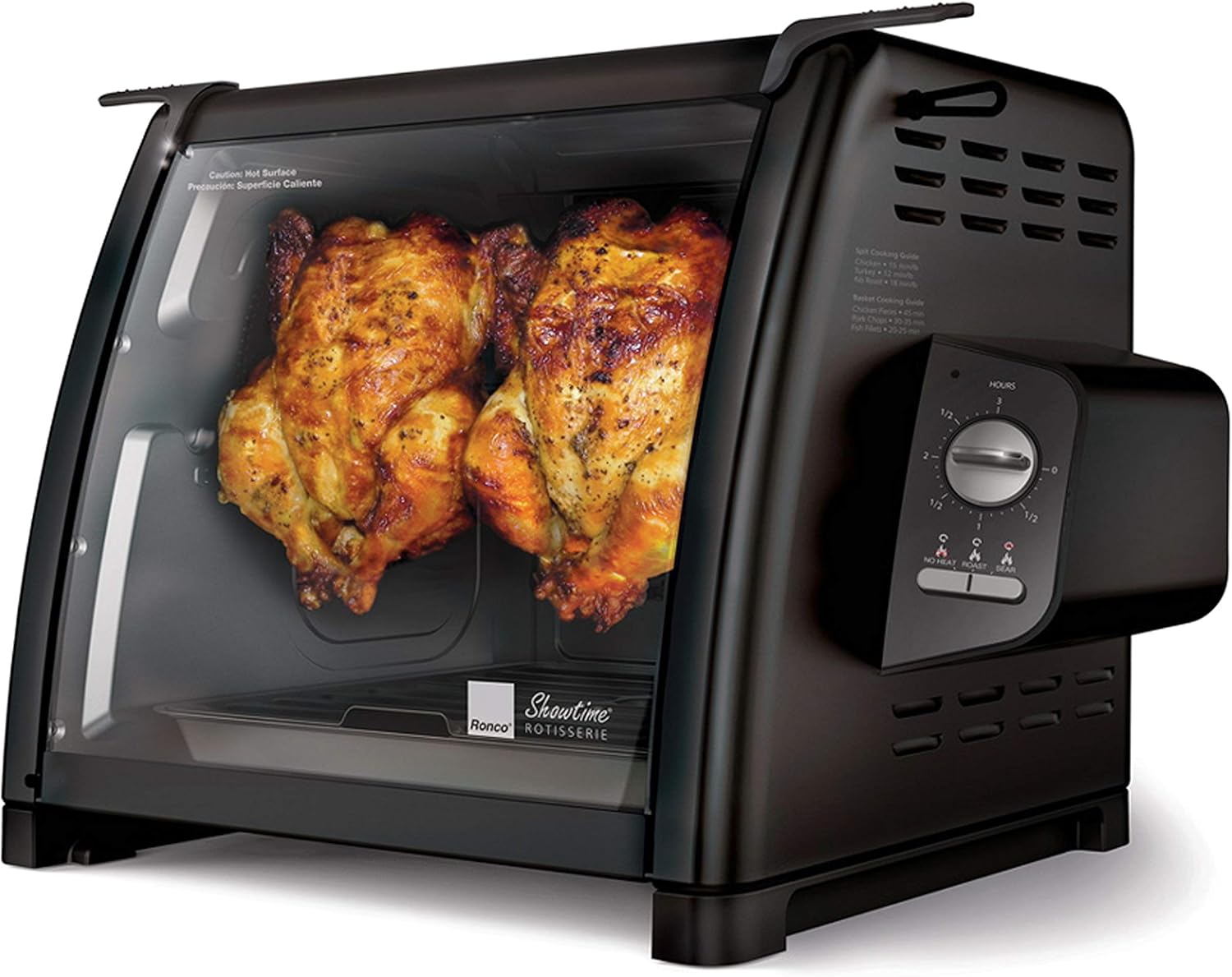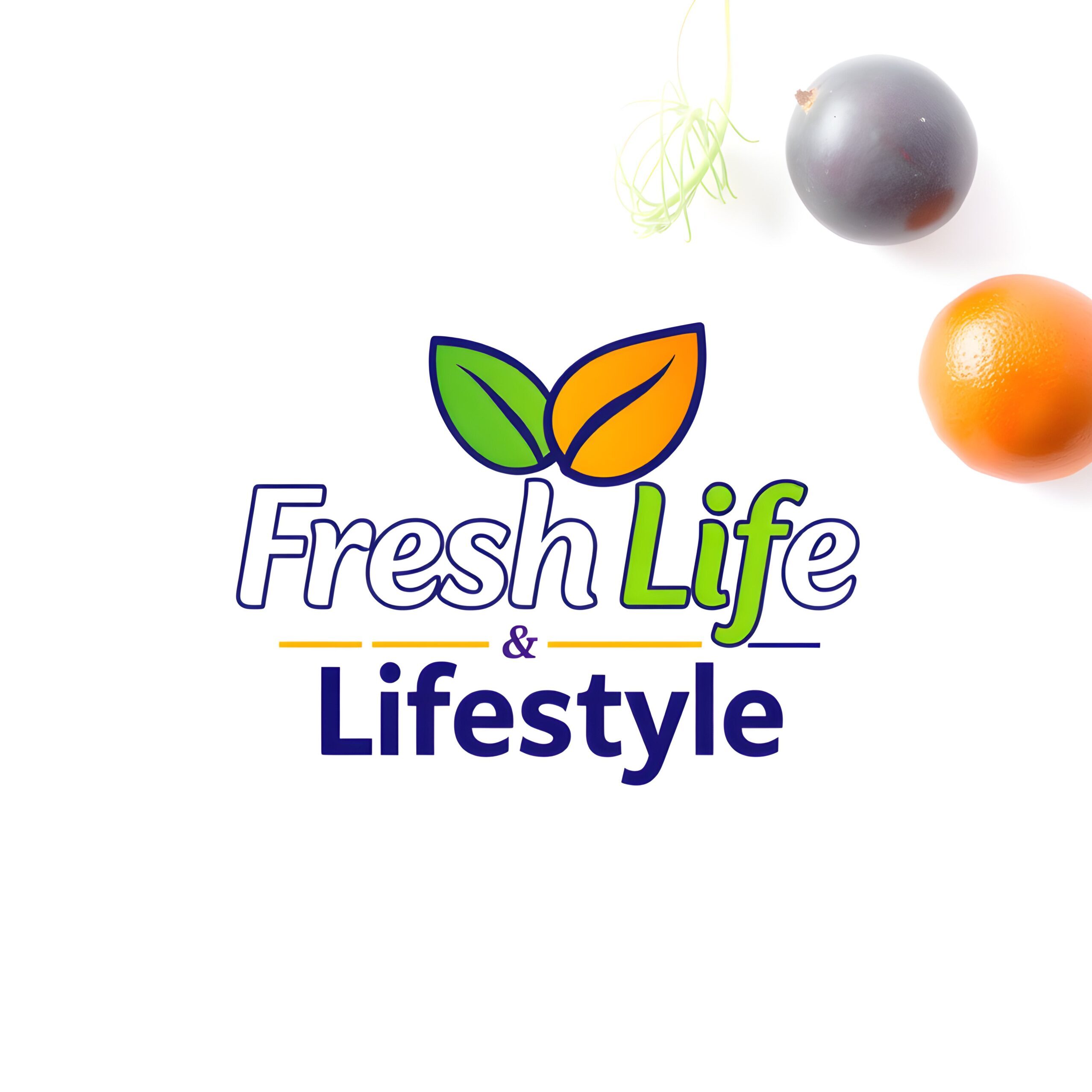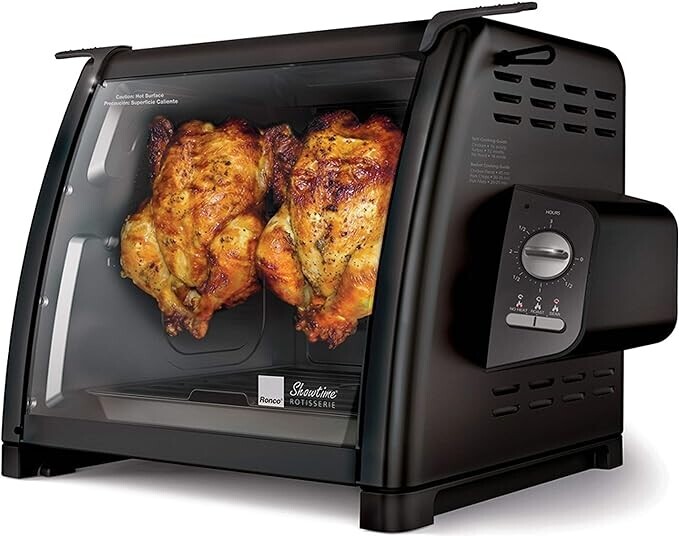Is Rotisserie Chicken Healthy? A Nutritional Breakdown

Rotisserie chicken has become a household favorite for its convenience, affordability, and delicious flavor. Whether grabbing a pre-cooked bird from your local grocery store or roasting one at home, this versatile protein can be a lifesaver for busy weeknights. But is rotisserie chicken healthy? Let’s break down the nutritional content of store-bought versus homemade rotisserie chicken to help you make informed choices.
Nutritional Profile of Rotisserie Chicken
Rotisserie chicken is an excellent source of lean protein, vitamins, and minerals. A typical serving of chicken breast (about 3.5 ounces) contains:
- Calories: 165
- Protein: 31g
- Fat: 3.6g
- Sodium: ~60mg (plain, unseasoned)
While the nutritional content can vary depending on seasoning, preparation methods, and cuts of meat (e.g., dark vs. white), chicken remains a healthy option for most diets. However, store-bought rotisserie chicken often comes with added ingredients that can impact its health profile.
Store-Bought Rotisserie Chicken: The Good and the Bad
Benefits
- Convenience: Ready-to-eat and versatile for various recipes.
- Affordable Protein Source: A whole rotisserie chicken is often cheaper than cooking from scratch.
- Nutrient-Rich: Packed with protein, B vitamins, phosphorus, and selenium.
Drawbacks
- High Sodium Content: Store-bought rotisserie chickens are often brined or injected with salt solutions to enhance flavor and moisture. Sodium levels can range from 300mg to over 600mg per serving.
- Added Fats and Preservatives: Some recipes include butter, oils, or preservatives, which can increase calories and introduce unhealthy additives.
- Skin and Seasoning: While the skin adds flavor and crispiness, it’s also high in saturated fats and calories. Seasonings may include hidden sugars or artificial ingredients.
Homemade Rotisserie Chicken: A Healthier Alternative?

When you make rotisserie chicken at home, you control the ingredients, making it easier to align with your dietary preferences. Here’s why homemade can be a healthier choice:
- Lower Sodium: You can skip brines or use less salt.
- No Unhealthy Additives: Avoid preservatives and control fat content.
- Customizable Flavors: Use herbs, spices, and marinades that match your taste without compromising health.
Homemade Rotisserie Chicken Nutrition A homemade rotisserie chicken prepared with minimal seasoning can have significantly lower sodium and fat content compared to its store-bought counterpart. For example:
- Calories: 165 (breast meat, no skin)
- Sodium: 70-150mg (depending on seasoning)
- Fat: 3-4g (without added oils or butter)
Key Considerations for a Healthy Choice

- Watch the Sodium: Check the nutrition label on store-bought chickens and, if available, opt for options labeled “low sodium.”
- Remove the Skin: Eliminating the skin reduces fat and calorie intake.
- Pair with Healthy Sides: To increase nutrient density, balance your meal with vegetables, whole grains, or a fresh salad.
- Portion Control: Stick to recommended serving sizes to avoid overconsumption.
- DIY Seasoning: Experiment with herbs, spices, and citrus to boost flavor without unhealthy additives.
Final Verdict: Is Rotisserie Chicken Healthy?
rotisserie chicken can be part of a healthy diet when chosen wisely. Store-bought options provide convenience, but their higher sodium and fat content may not suit everyone. On the other hand, homemade rotisserie chicken gives you complete control over the ingredients, making it the healthier choice for most people.
By being mindful of portion sizes, seasoning, and preparation methods, you can enjoy the delicious taste and nutritional benefits of rotisserie chicken without compromising your health.
Affiliate Disclosure: This blog contains affiliate links, meaning we may earn a commission if you click on a link and make a purchase at no additional cost. Our opinions and reviews are unbiased and based on our honest assessments.
Do you have favorite rotisserie chicken recipes or tips for keeping it healthy? Share them in the comments below!

